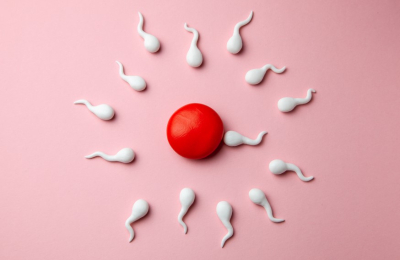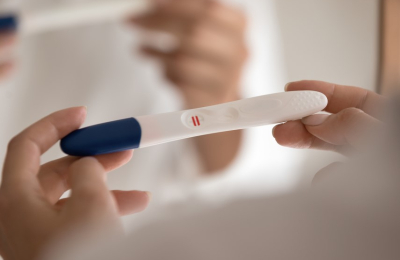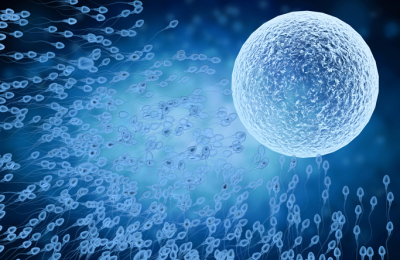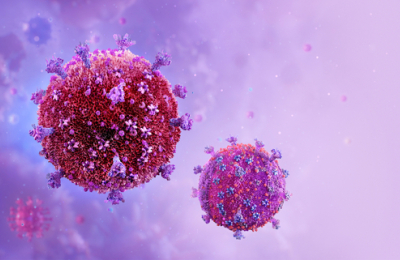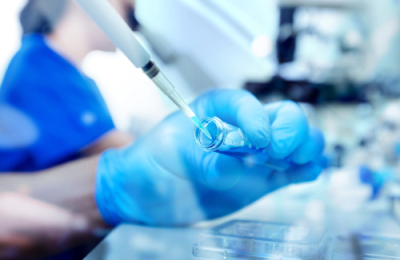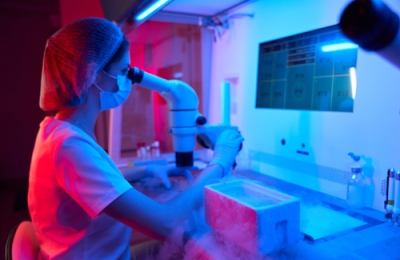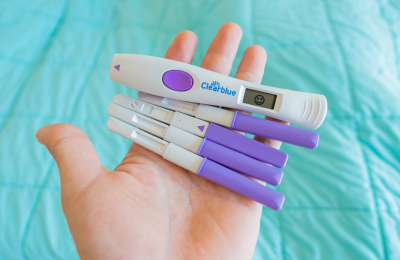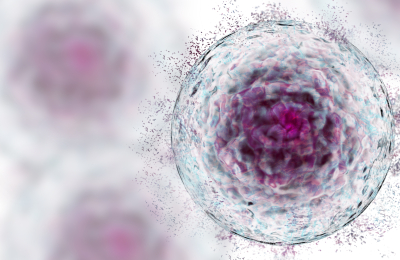
This article in The Conversation UK discusses the findings of The University of Manchester Law School ConnecteDNA research project, led by Lucy Frith.
The rise of accessible at-home DNA testing has led to unexpected revelations for many users, such as donor conception, incest, and unknown paternity. This can be emotionally distressing, especially for donor-conceived individuals, their families, and donors. Current UK laws, established under the Human Fertilisation and Embryology Act of 1990, allow donor anonymity until the donor-conceived child reaches 18. However, online DNA testing provides a way to bypass this anonymity, enabling people to discover genetic information outside the scope of regulatory bodies like the Human Fertilisation and Embryology Authority (HFEA).
In light of these challenges, the HFEA has proposed legislative changes that would end donor anonymity from birth, rather than waiting until the child is 18. This change reflects growing recognition that people benefit from knowing their genetic heritage early in life. Many donor-conceived individuals, as research shows, feel a deep need to understand their genetic origins, which can be crucial to their sense of identity. However, discovering one's genetic background unexpectedly can be shocking and destabilizing.
Additionally, concerns over privacy and data security have surfaced, especially after the 2023 data breach of 23andMe, affecting millions of users. DNA samples are often stored in biobanks, potentially shared for research or law enforcement purposes, raising questions about user consent and the ethical use of their data. Users may also face inaccurate or misleading health-related results, leading to unnecessary anxiety. As the field evolves, individuals must weigh the benefits of genetic information against the potential emotional and legal implications. In terms of donor anonymity, this discussion is really important to all in reproductive science.





















